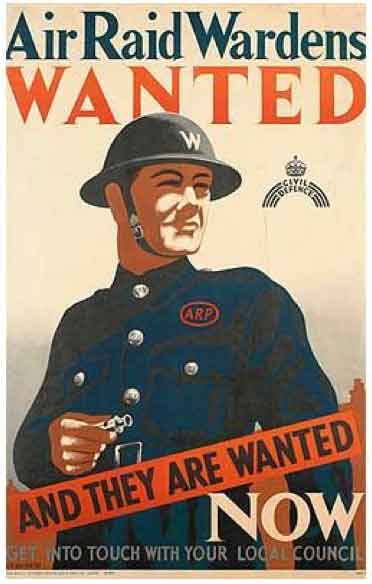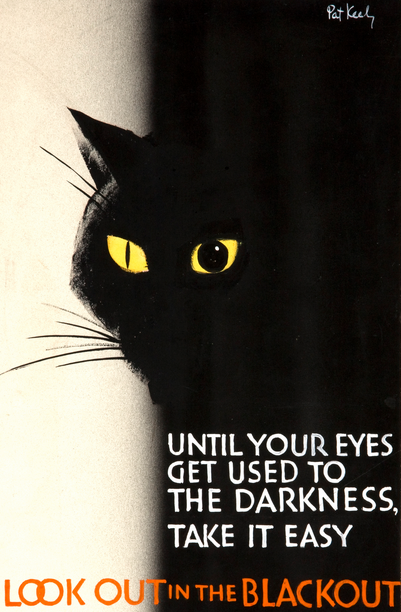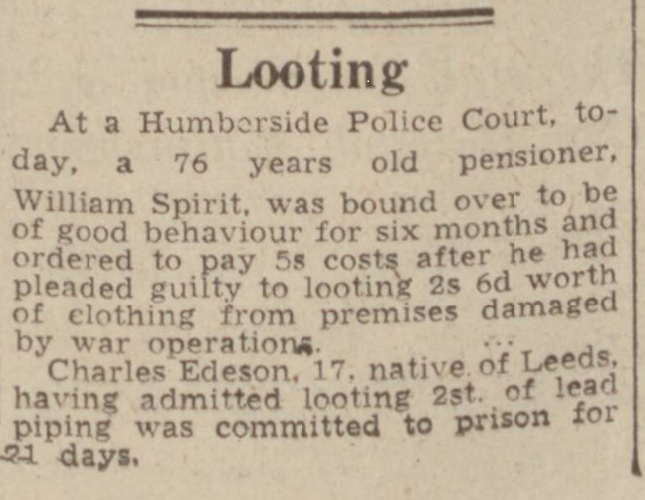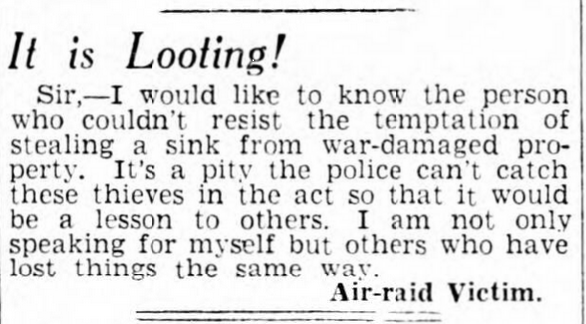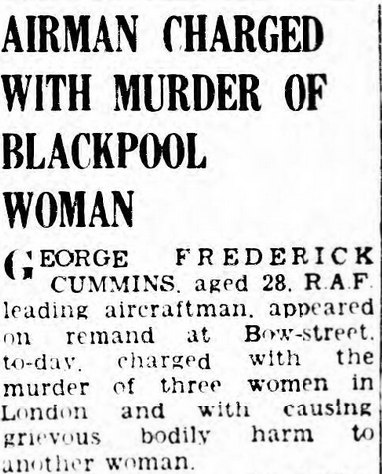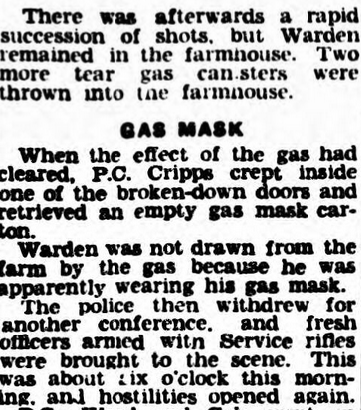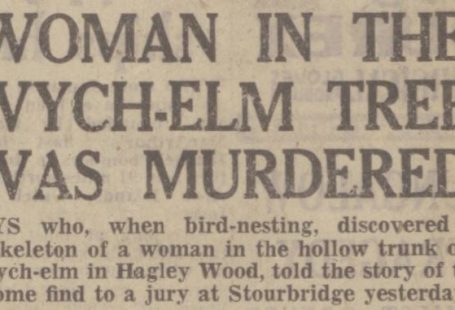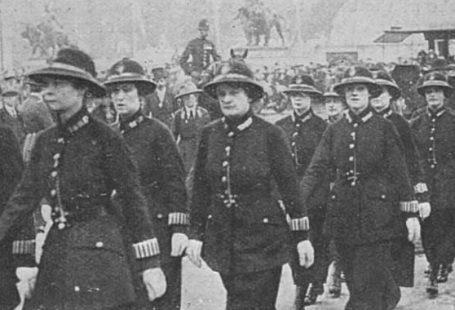The bombing of civilian targets in Britain during the Second World War is now commonly referred to as ‘The Blitz’. The song ‘All Stick Together’ released by Ralph Butler in 1939 summarised the need for Britain to pull together as a nation against the threat of an invasion, and the ‘Blitz Spirit’ has gone down in history and is still invoked today in times of strife. However, whilst the vast majority of the population may have been sticking together, there were those who took advantage of the war’s blackout and regulations for their own less ignoble ends.
Air Raid Precautions and Blackouts
To make aerial bombing harder for the Luftwaffe, cities were ‘blacked-out’ at night. All light sources – from cigarettes to street lamps – that could be seen from the air needed to be extinguished or covered. Streets in Britain rang to the shouts of ‘PUT THAT LIGHT OUT’ from ARP wardens, and those who failed to do so risked fines or imprisonment.
However, although darkness helped avoid accurate bombing from the enemy, it also concealed the nefarious activities of looters, black-marketers, and violent thugs. Contemporary newspaper reports reveal that the Blitz wasn’t quite the era of British stoicism and solidarity remembered in today’s national consciousness.
Looting, Theft and Black Racketeering
With major metropolitan areas plunged into darkness, the petty crime rate soared. Looting became a constant problem for the authorities, as did instances of mugging and petty theft.
Thieves took advantage of people being out of their homes in public shelters or the Underground to raid their homes for valuables, and stole directly from bombed out houses & sites. ‘Spivs’, now largely romanticised as ‘Robin Hood’ figures, often bought or pilfered luxuries from shop’s stockrooms and sold them on at an extortionate mark-up to customers.
[Private Walker in Dad’s Army is an example of the romanticised version of the Spiv]
Even relatively mundane items were stolen or removed from premises to ‘protect’ them. A letter to a Sunderland paper from Tuesday 26 November 1940 reported a stolen sink whilst another in the Yorkshire Evening Post reported the case of a woman who secured a pair of shoes ‘just in case’ someone else stole them!
Violent Crime
One man, Gordon Cummins, used the blackout to mask a spree of killings. Nicknamed the ‘Blackout Ripper’, he used the Blackout to commit his crimes and move around without arousing suspicion, and was only apprehended when a delivery boy caught him in the act.
Cummins was not the only violent criminal to take advantage of the preparations for war. An elderly farmer who shot at police over five acres of unused land ended up in an armed standoff with them. When tear gas was thrown into his farmhouse, he donned his gas mask to negate the effects and continued to fire on them.
Although these were isolated incidents, the newspapers in our archive reveal the harsh realities of the Blitz. Search our collection for more stories of vice – and valour – throughout the war.
If you’d like to learn more about the Blitz and those who lived through it, look out for the upcoming release of the 1939 Register – a record of every civilian in England and Wales at the outset of war – at Findmypast.


